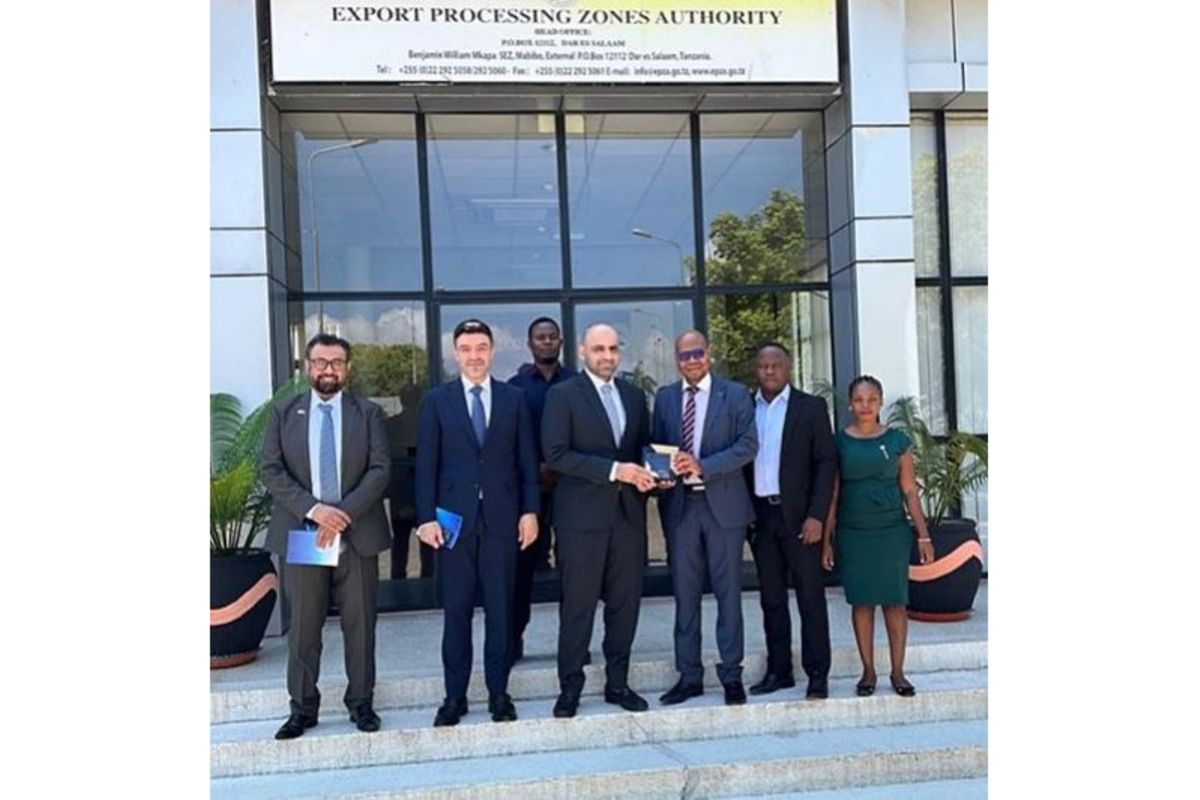
Dar es Salaam. A delegation from the Dubai Chamber of Commerce is in Tanzania to explore investment opportunities, particularly within the country’s Special Economic Zones (SEZs).
The visit has been hailed by the Export Processing Zones Authority (EPZA) as a significant milestone in showcasing Tanzania’s potential as a hub for industrial and economic development.
The EPZA Director General, Mr Charles Itembe, attributed the visit to President Samia Suluhu Hassan’s economic diplomacy, which has enhanced Tanzania’s reputation as Africa’s gateway to global markets.
“Tanzania is now recognised as a secure and attractive destination for manufacturers targeting international markets,” said Mr Itembe during the meeting in Dar es Salaam.
Mr Itembe spoke of Tanzania’s ongoing preparations to expand SEZs in key locations such as Bagamoyo, Dodoma, Tanga, Kwala and Kigoma.
The Bagamoyo SEZ alone is projected to host over 2,000 industries, offering opportunities for private sector investment in infrastructure and manufacturing.
“SEZ and Export Processing Zone (EPZ) programmes have proven instrumental in advancing industrial economies globally, enabling rapid growth in domestic production. We are inviting investors to seize this opportunity to establish factories and produce goods for the African market,” he said.
He also assured the delegation of the safety and security of their investments, citing the government’s commitment to creating a conducive environment for foreign investors.
The President of the Dubai Chamber of Commerce, Mr Mohammad Ali Lootah, commended the flourishing trade relations between Tanzania and the UAE, which have grown to $2.7 billion.
He noted that Tanzania’s strategic location and the strength of its industrial sector make it an ideal destination for investors.
“Many businesspeople and industrialists are eager to explore Tanzania’s investment potential, particularly in SEZs,” said Mr Lootah.
He added that investments in Tanzania’s port infrastructure and other sectors have further strengthened ties between the two nations.
Mr Itembe highlighted Tanzania’s participation in the African Continental Free Trade Area (AfCFTA), which allows duty-free and quota-free access to African markets for goods produced in SEZs.
He urged the Dubai Chamber delegation to capitalise on these opportunities, stating that the visit reflects the global recognition of Tanzania’s economic potential.
EPZA anticipates that the visit will attract significant investments, particularly from the Arab world, enhancing the country’s industrial competitiveness and fostering sustainable economic growth.
This engagement coincides with Tanzania’s ongoing infrastructure projects, including the Sh513 billion Chalinze-Dodoma power line, further solidifying the country’s commitment to becoming a regional and global economic powerhouse.














